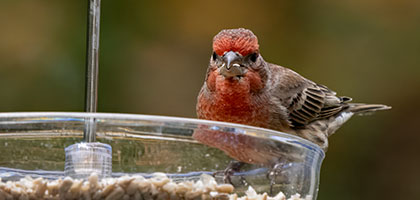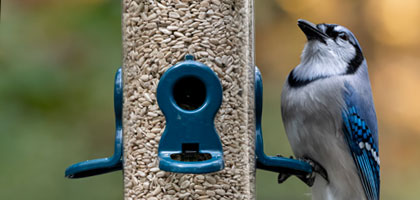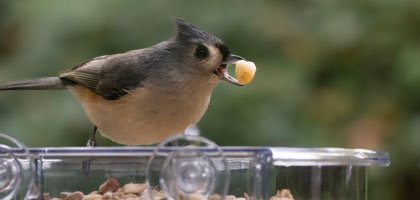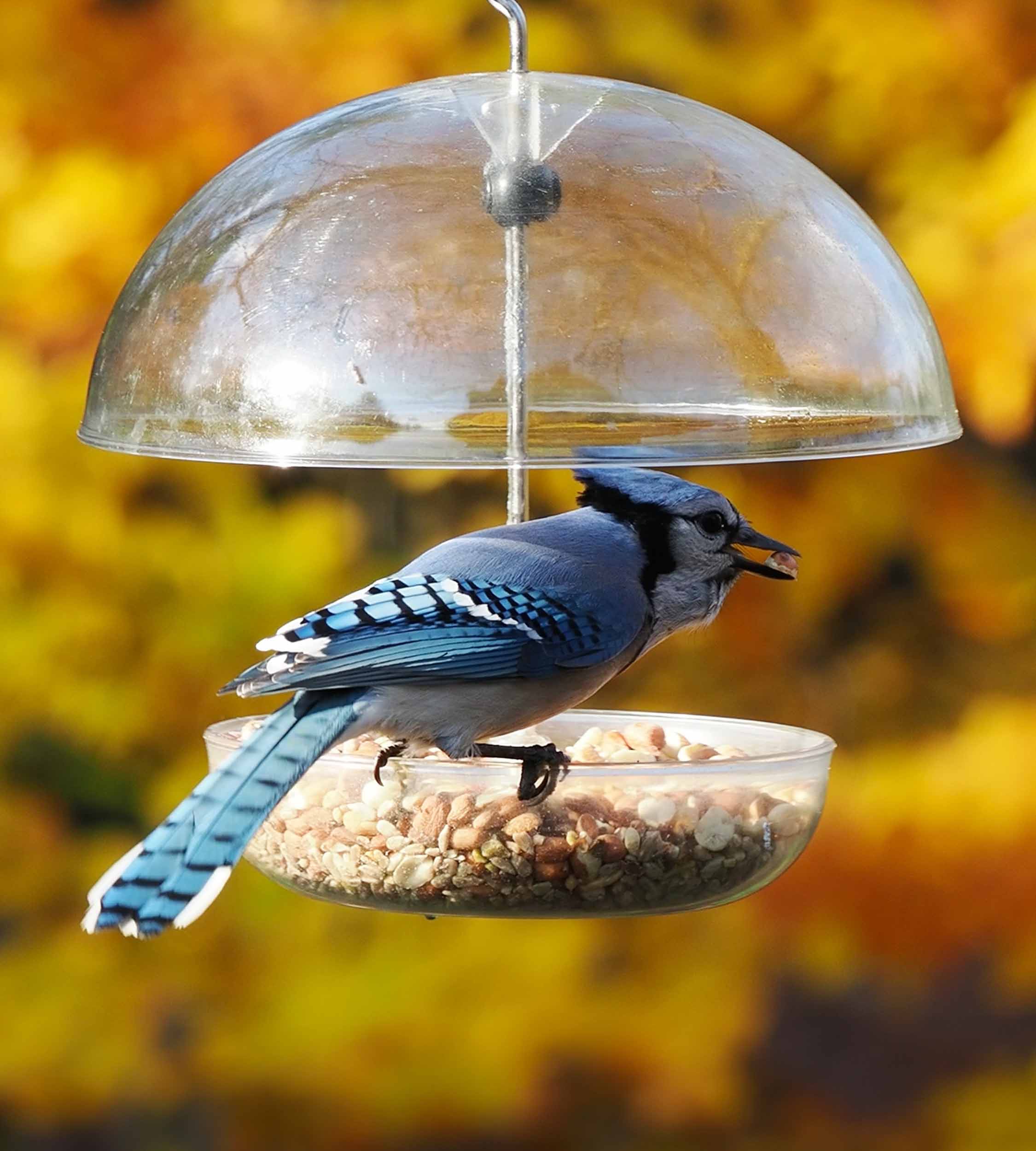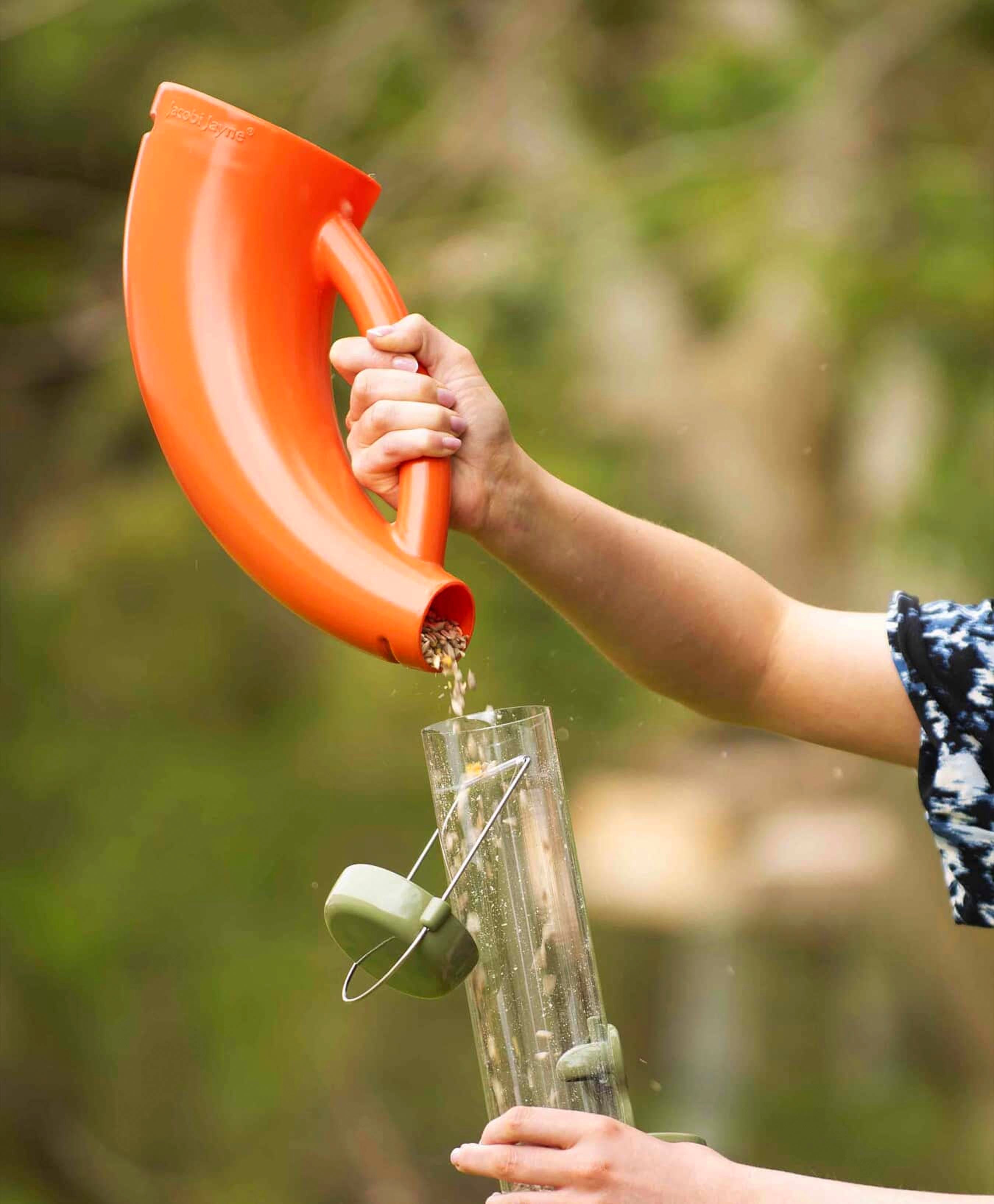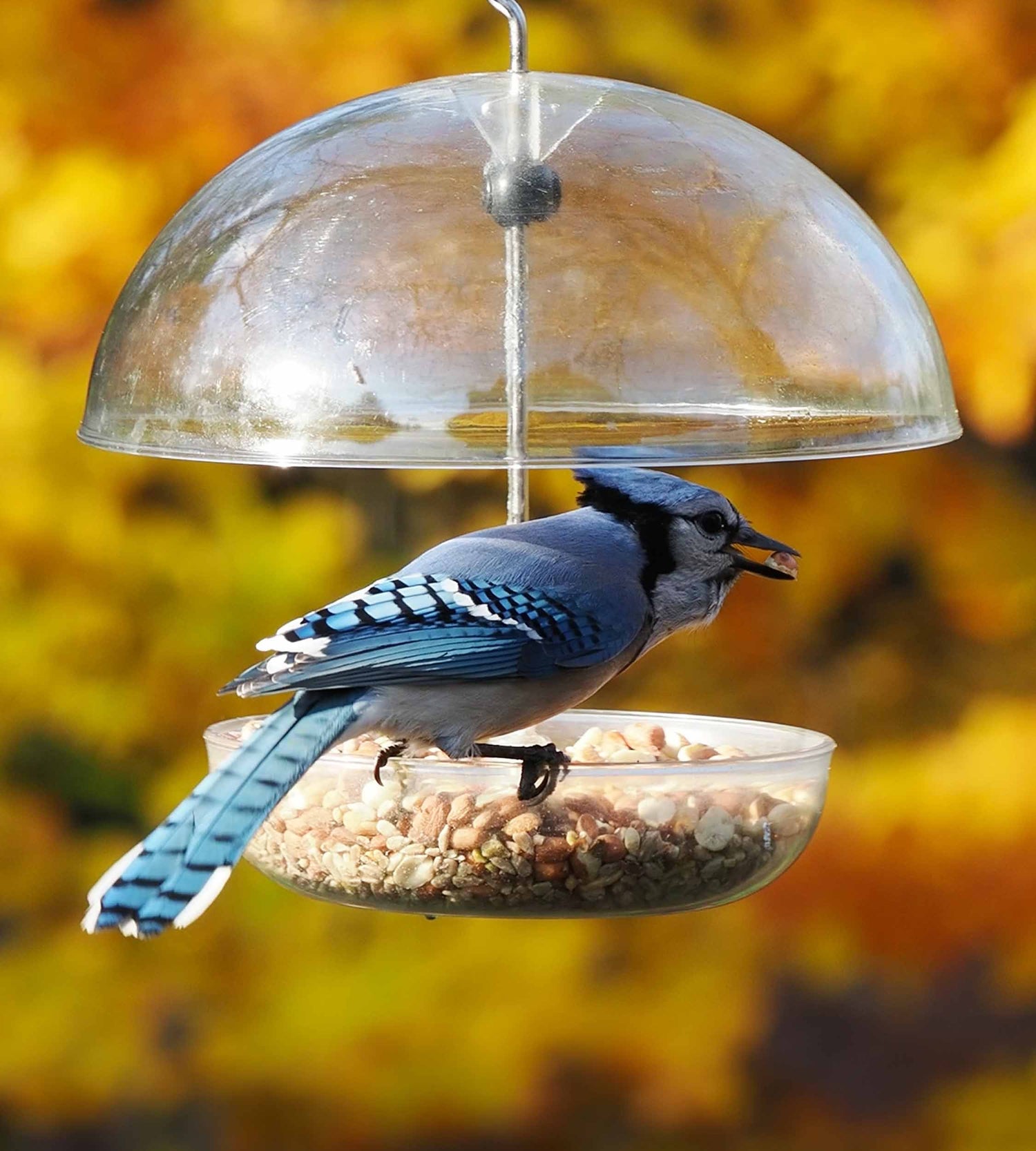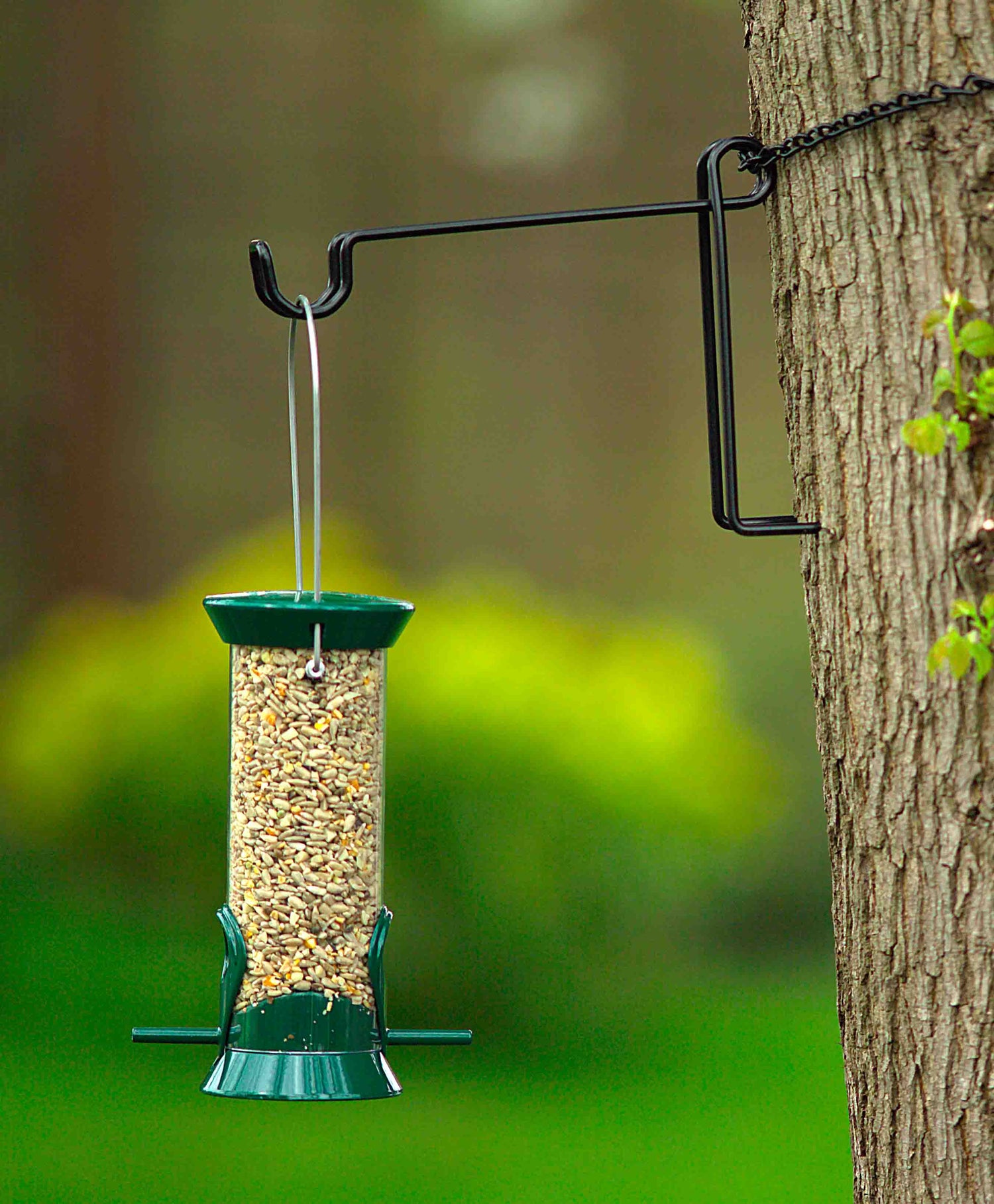Chia seeds are a popular superfood among health-conscious individuals. They're packed with nutrients and offer numerous health benefits. But can birds eat chia seeds?
This question is common among bird owners and enthusiasts. After all, we want the best for our feathered friends. So, it's crucial to know what's safe and beneficial for them to eat.
In this article, we'll delve into the topic of chia seeds for birds. We'll explore their nutritional profile and discuss whether they're safe for our avian companions.
We'll also provide guidelines on how to introduce chia seeds into your bird's diet. Plus, we'll offer serving suggestions to make this superfood appealing to your pet.
Whether you're a bird owner or simply interested in bird nutrition, this article is for you. Let's dive in and find out if chia seeds can be a healthy addition to a bird's diet.
Nutritional Profile of Chia Seeds
Chia seeds are small but mighty in terms of nutrition. These seeds are rich in omega-3 fatty acids, crucial for maintaining a bird's plumage and overall health. They also boast a good amount of protein, necessary for growth and tissue repair in birds.
Additionally, chia seeds are packed with:
- Antioxidants: Protect against oxidative stress.
- Fiber: Supports digestive health.
- Calcium: Essential for strong bones.
- Minerals like magnesium and phosphorus.
These nutrients make chia seeds an excellent choice for birds. They provide valuable energy and aid in maintaining a healthy weight. With their impressive nutritional benefits, chia seeds can be a wonderful supplement to a bird's balanced diet.
Are Chia Seeds Safe for Birds?
Chia seeds are generally safe for birds when served correctly. They are non-toxic and provide essential nutrients. However, it's important to remember that moderation is key when introducing any new food.
Some birds might experience digestive upset if chia seeds are introduced too quickly. Gradually incorporating them into your bird's diet can help avoid this issue. Start with small amounts and observe how your bird reacts before increasing the quantity.
Also, ensure the chia seeds are unsalted and unflavored. Added flavors and salts can be harmful to birds. Always consult with a veterinarian before adding chia seeds to your bird's diet, especially if your bird has specific health concerns. By taking these precautions, you can safely enrich your bird's nutrition with chia seeds.
How to Introduce Chia Seeds to Your Bird's Diet
Introducing chia seeds to your bird's diet requires a gradual approach. Start by offering a small amount mixed with their regular food. This allows the bird to get accustomed to the new texture and taste without any abrupt changes.
Here’s a simple guideline for adding chia seeds:
- Week 1: Add a tiny pinch to their daily meal.
- Week 2: Slightly increase the amount, noting any digestive changes.
- Week 3: If well-tolerated, continue to increase to the desired serving size.
During this process, observe for any signs of allergies or digestive discomfort. If any adverse reactions occur, consult a veterinarian. By following these steps, you can safely integrate chia seeds into your bird's diet.
Serving Suggestions: The Best Ways to Offer Chia Seeds to Birds
When it comes to serving chia seeds, there are several creative ways to incorporate them into your bird's meals. Chia seeds can be offered both dry and soaked. Soaked chia seeds are easier for birds to digest and can be more hydrating.
Here are some suggestions:
- Mix with Fruit: Combine seeds with chopped fruit for a tasty treat.
- Sprinkle on Food: Add a sprinkle over your bird's regular meal.
- Create a Gel: Soak in water or juice and serve as a gel.
These methods not only provide variety but also ensure that birds enjoy their meals. By using these ideas, you can keep your bird's diet interesting and healthy.
Can Wild Birds Eat Chia Seeds?
Wild birds can also benefit from chia seeds, just like their pet counterparts. These seeds offer essential nutrients that support wild birds' health and energy levels. During colder months, chia seeds can be especially helpful when natural food sources are sparse.
To provide chia seeds to wild birds, simply add them to existing feeders or sprinkle them on the ground. It is important to ensure they are unsalted and free of any added flavors. Chia seeds can be part of a nutritious mix that wild birds will appreciate, especially when combined with other seeds or grains.
The Benefits of Chia Seeds for Birds
Chia seeds are a nutritional powerhouse, offering numerous benefits to birds. These tiny seeds are rich in omega-3 fatty acids, which promote healthy plumage and support the overall health of birds. The presence of high-quality protein aids in growth and tissue repair, making chia seeds a valuable addition to their diet.
Chia seeds also contain antioxidants, which help protect birds from oxidative stress. This protection can be crucial in maintaining a robust immune system. The seeds are high in fiber as well, aiding in digestion and helping to maintain a healthy weight. Their calcium content supports strong bones, which is essential for birds' mobility and health.
In summary, chia seeds offer a range of nutrients that contribute to a bird's well-being:
- Omega-3 fatty acids for healthy plumage
- Protein for growth and repair
- Antioxidants to combat oxidative stress
- High fiber for digestive health
- Calcium for strong bones
Potential Concerns and Precautions
When introducing chia seeds to your bird's diet, it's important to be cautious. Birds can have unique dietary needs and sensitivities, so start with small amounts. Monitor your bird for any adverse reactions, such as diarrhea or other digestive issues.
Be mindful of potential allergies or intolerances. If you notice any unusual behavior or symptoms, discontinue the seeds immediately and consult a veterinarian. Make sure that chia seeds are offered in their purest form, free from salt, flavorings, or additives, to minimize risks.
Chia Seeds for Different Bird Species
Chia seeds are a versatile food option for many bird species. They are small and easily consumed, making them suitable for both large and small birds. Most pet birds, like parrots, can enjoy chia seeds as part of their diet. However, consult with a vet if you are uncertain about your specific bird.
Some species have special dietary needs and may require additional care. For instance, birds with a predisposition to obesity should have seeds in limited quantities. Consider these species-specific concerns when introducing chia seeds:
- Parrots
- Finches
- Canaries
- Cockatiels
Understanding your bird's dietary requirements ensures chia seeds are a healthy addition. Adjust the portion size and frequency based on the bird's size and nutritional needs.
Storing and Maintaining the Quality of Chia Seeds
Proper storage is crucial to maintain chia seeds' nutritional value and freshness. Keep them in an airtight container, stored in a cool, dry place away from direct sunlight. This prevents moisture and pests from affecting the seeds, ensuring they remain a healthy addition to your bird's diet.
Conclusion: Balancing Your Bird's Diet with Chia Seeds
Chia seeds can be a nutritious and beneficial treat for birds when included wisely. Their rich nutrient profile supports various aspects of bird health, from plumage to digestion. However, balance is key to ensuring your bird receives a varied diet.
Introductions should be slow to prevent digestive issues. Monitor your bird's reaction and consult a vet if needed. Chia seeds should complement, not replace, the core diet. By doing so, you can provide your bird with a diverse and healthy food experience.
